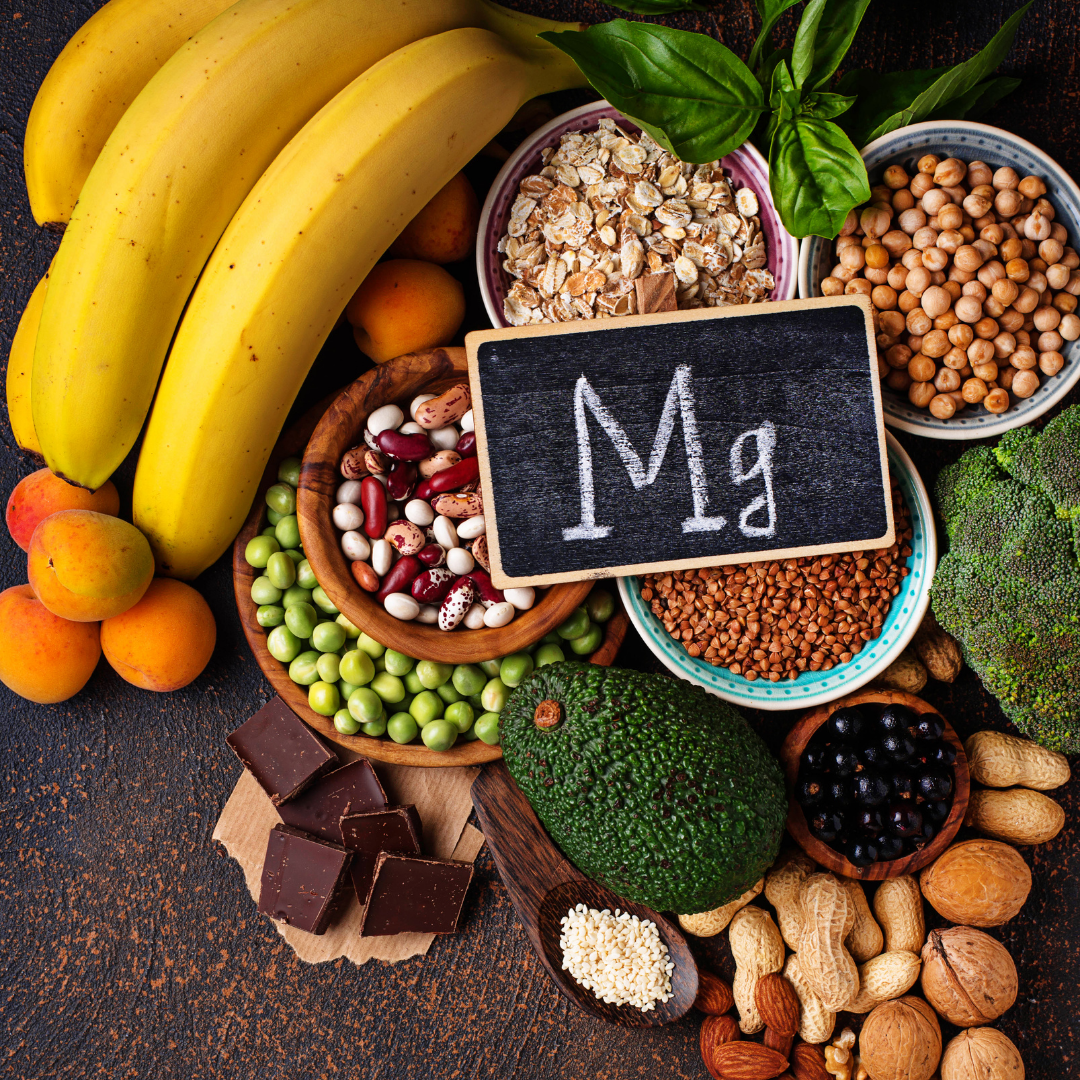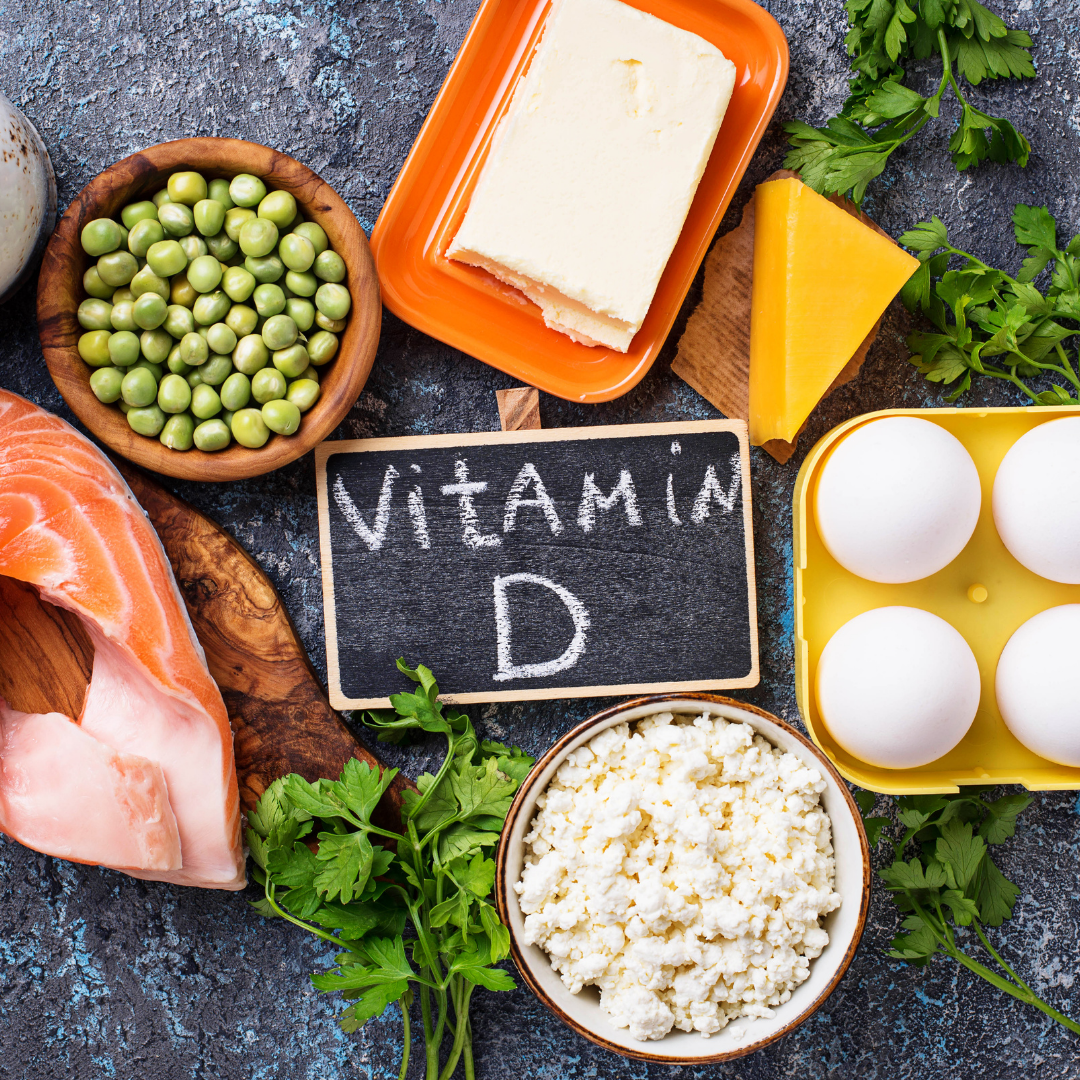Supplements are helpful if you want to keep up with your healthy habits. Working out is the best way, but some supplements will help make it easier and more effective. However, it’s pretty challenging to figure out which one is the perfect fit for you according to your physique and bodily needs. There are tons of options to choose from when it comes to supplements. But first, it’s essential to know what each supplement does and how each helps you in your workout journey.
- Magnesium

Magnesium is easily found in leafy green vegetables and helps prevent fatigue by helping your muscles relax, preventing cramping during workouts. Magnesium also helps limit soreness after exercise, so taking magnesium before working out can reduce post-workout pain. Magnesium oxide tablets are the cheapest and most common.
- Vitamin B12
B12 is found in lean meat, eggs, dairy products; it is vital for cell formation. Fatigue can be caused by a lack of nutrients in your body needed to produce energy molecules called ATP, which are made from B vitamins. Taking a B complex vitamin can prevent fatigue because it contains all eight necessary B vitamins.
- Creatine
Fish and red meat are natural sources of Creatine. It is used directly at the site of muscle contraction to help regenerate ATP more quickly through a phosphocreatine shuttle, thus creating more energy. Creatine phosphate is stored in muscle cells as a readily-available energy source for short bouts of high-intensity exercise such as weightlifting or sprinting. Taking creatine supplementation can increase the amount present within muscle tissue and help reduce fatigue during high-intensity exercise.
- Caffeine
Caffeine is a diuretic that temporarily increases urination. Still, long-term use has been shown to have many benefits, including increasing fat oxidation during rest and lowering your perceived rate of exertion, which allows you to work out harder for longer without feeling too drained or exhausted. It increases energy, endurance, motivation, and focus by releasing dopamine and epinephrine, stimulating the central nervous system.
- CBD Gummies

After working out, you’ll most likely end up with muscle pain. CBD gummies can help reduce that pain and relax your muscles. They’re easy to digest and are packed with natural ingredients like CBD Oil, known for its positive effects on the body (including anti-inflammation). CBD Gummies are edible supplements that improve your workout performance without THC. In addition, they may help reduce stress and pain by relaxing the muscles, which means less soreness post-workout.
- Ginseng
Ginseng is a naturally occurring substance found in Ginseng roots. Ginsenosides are the active compounds in ginseng that mimic adrenaline to stimulate your adrenal glands, so you feel less tired while exercising.
- Vitamin B6
You must have seen athletes taking bites of banana during breaks. Vitamin B6 is found in yogurt, bananas, etc., and is very important for maintaining stamina or energy levels during a workout session. Its primary function is to convert food into fuel that the body can use quickly. By limiting this ‘fuel,’ you’ll feel more fatigued, and your workouts will be shorter than usual.
- BCAAs
Branched-chain amino acids are on the rave these days. BCAA supplements the body’s normal levels of these essential compounds, depleted during exercise. BCAAs are known to help athletic performance. With good workout sessions, it’s essential to have BCAAs as they can improve the time of your workout and decrease fatigue, allowing you to train harder. In addition, by taking BCAA supplements, athletes can delay catabolism during a training session. So if you want to do well at your sports competition or want to try something new like a marathon, cycling, or swimming, then take an extra dose so that you can recover more quickly from all those muscular aches and pains.
- Fish Oil
Omega–3 fatty acids, most commonly found in fish oils, have been shown to stimulate protein synthesis, which directly helps muscle growth. Studies suggest that omega-3 fatty acids can promote protein synthesis by increasing mRNA translation, and they may increase the measurement of proteins via the ribosome method. This means that omega-3s are helping with both initiation and elongation of protein synthesis. Omega 3s are essential for healthy brain function, preventing heart disease, regulate blood pressure. It may also help reduce inflammation, support lean muscle formation/growth, and help with fat metabolism.
- Vitamin D

According to the National Institutes of Health, most Americans consume less than recommended levels of vitamin D. Vitamin D is present in dairy products and may also be absorbed via natural sunlight. As a result, it’s critical to take a source of vitamin D each day to remain healthy and active.
According to an abstract published in Medicine & Science in Sports & Exercise, vitamin D may help athletes perform better if they are Vitamin D deficient. In addition, it “may also help protect the athlete from a variety of acute and chronic medical issues.”
Conclusion
The timing of your diet is critical. Eat too early, and your body won’t use the energy provided by food during the exercise; wait too late, and you might get nauseous or feel sick. Ideally, you should eat half an hour before training and then immediately after your workout or 1-2 hours afterward.



